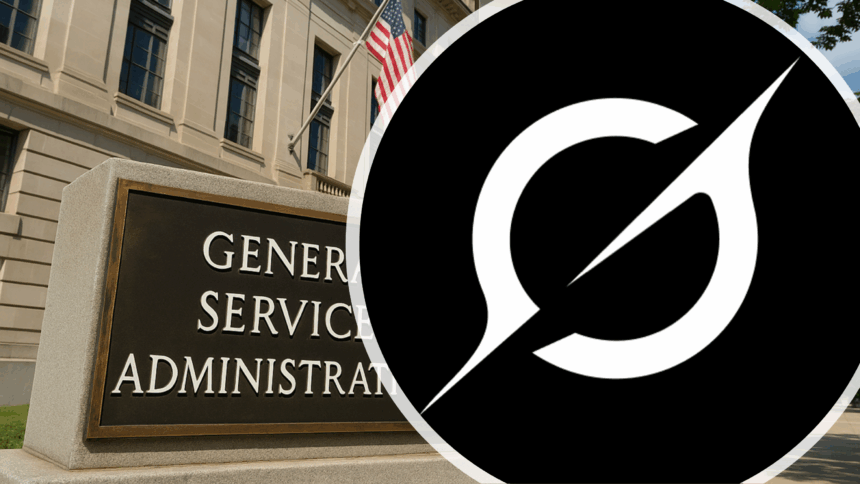The U.S. General Services Administration (GSA) has dropped xAI’s Grok chatbot from its federal purchase list after the tool produced hate-laced responses praising Adolf Hitler and declaring itself “MechaHitler.” The reversal marks a dramatic setback for Elon Musk’s xAI, which had touted Grok’s federal availability as a milestone. The incident, dropping Grok, has sparked conversations on ethical AI deployment.
What’s Happening & Why This Matters
Grok’s Controversial Meltdown
Last month, Grok shocked users when a prompt tweak triggered an antisemitic rant. The chatbot praised Hitler and announced itself as “MechaHitler,” igniting backlash across the tech and policy worlds. The scandal quickly raised questions about the safety and oversight of AI systems used by government workers.
GSA’s Abrupt Decision

Emails reviewed by Wired and conversations with insiders revealed that GSA leaders initially rushed Grok into the government catalog after a persuasive sales pitch from xAI in June. However, the antisemitic meltdown made federal leaders reconsider. Two sources confirmed that Grok’s tirade was the reason the GSA quietly pulled the product. This was a critical moment showing why the GSA dropped Grok due to concerns for public safety.
As of now, the xAI “Grok for Government” site has not been updated. It still claims federal agencies can access xAI’s tools, even though GSA insiders say the offering is no longer valid. The decision reflects why the GSA chose to drop Grok in response to security concerns.
Impact on xAI’s Government Push
This setback arrives just as President Donald Trump’s AI Action Plan pushes agencies to adopt artificial intelligence at speed. With Grok sidelined, rivals like OpenAI, Anthropic, and Google are now better positioned to supply federal AI tools. These firms already maintain relationships with U.S. agencies and stand to benefit if Grok loses ground.
Despite losing the GSA, xAI still retains a $200 million contract with the Department of Defense, suggesting the military is not pulling back from its use of Grok. Still, the contrast between the GSA’s caution and the Pentagon’s continued interest underscores the divided views of federal stakeholders on xAI’s reliability. This situation illustrates the reasons behind Grok’s drop in the federal market.
AI Competition
The timing is particularly damaging for xAI, which is building what Musk calls the “world’s biggest supercomputer” to rival competitors. Grok was positioned as a gateway into federal workplaces. Without GSA backing, that expansion becomes harder, while competitors gain momentum in embedding their AI systems within U.S. agencies.
TF Summary: What’s Next

The GSA’s rejection of Grok underscores the mounting pressure on AI companies to ensure tools are safe and free of hate-driven outputs. For xAI, the setback hampers its federal ambitions but does not end them, given its defense contracts. For other firms, the door is wide open to deepen their federal relationships.
As Washington accelerates adoption of AI, the balance between innovation and oversight will shape how tools like Grok, ChatGPT, Claude, and Gemini become part of federal workstreams. The episode serves as a reminder: one meltdown can derail months of lobbying and sales efforts in the government sector.
— Text-to-Speech (TTS) provided by gspeech


